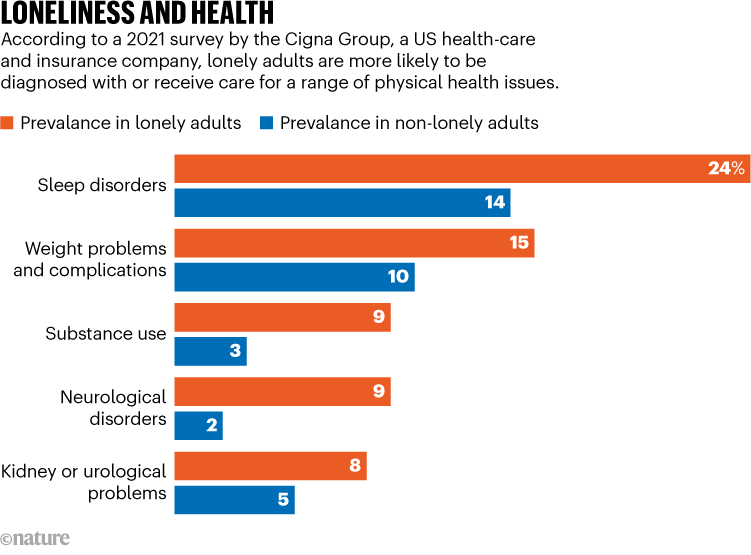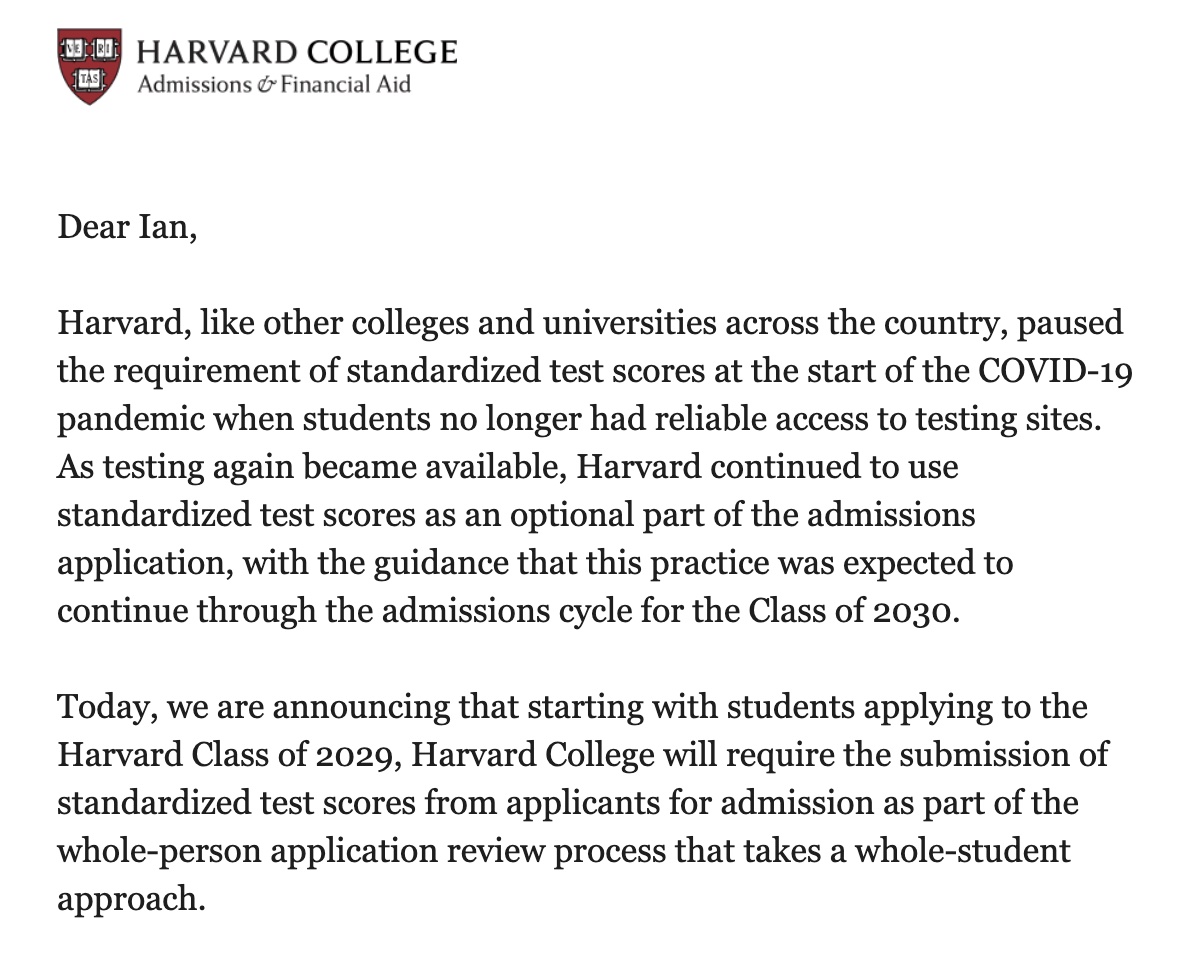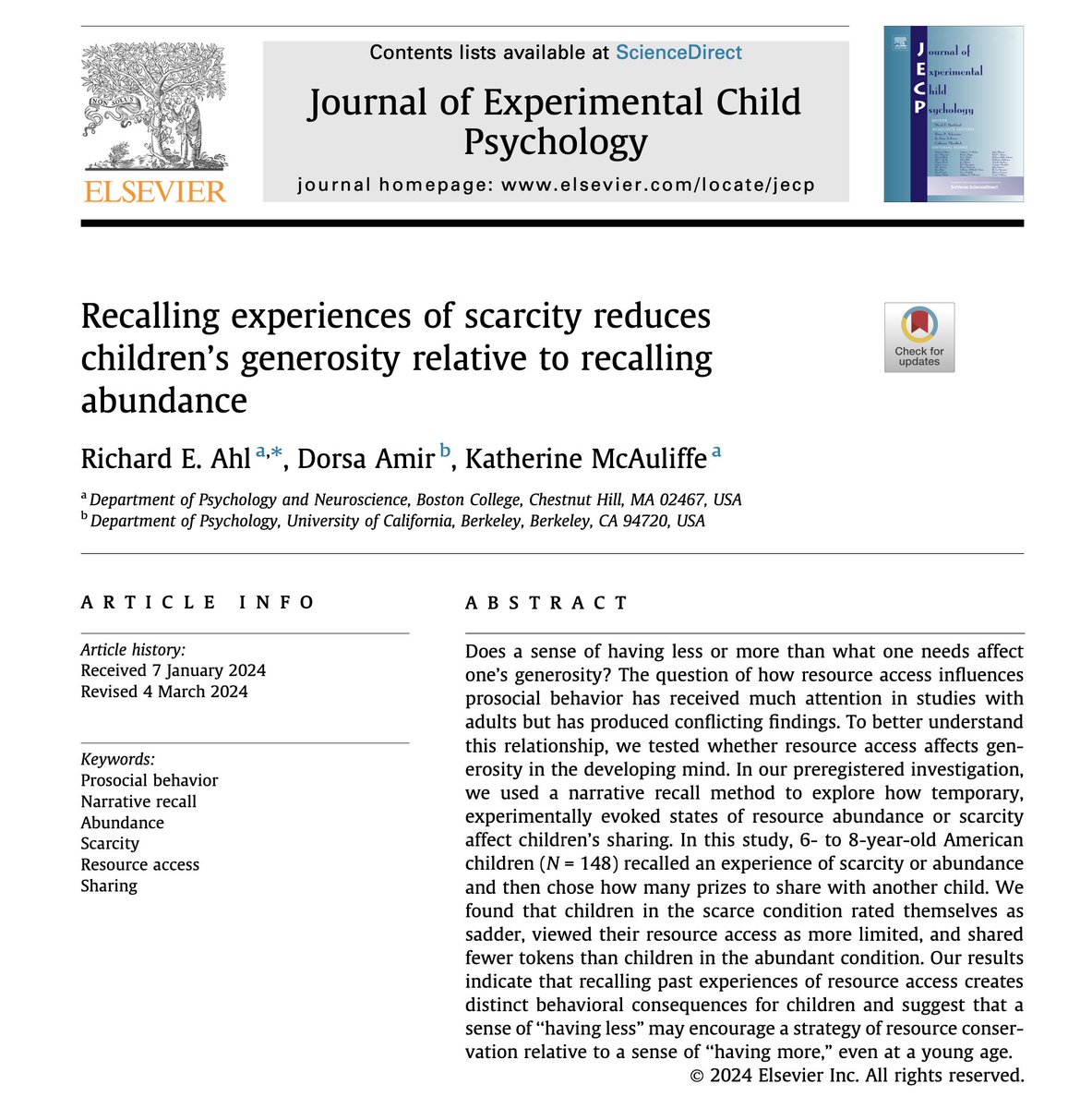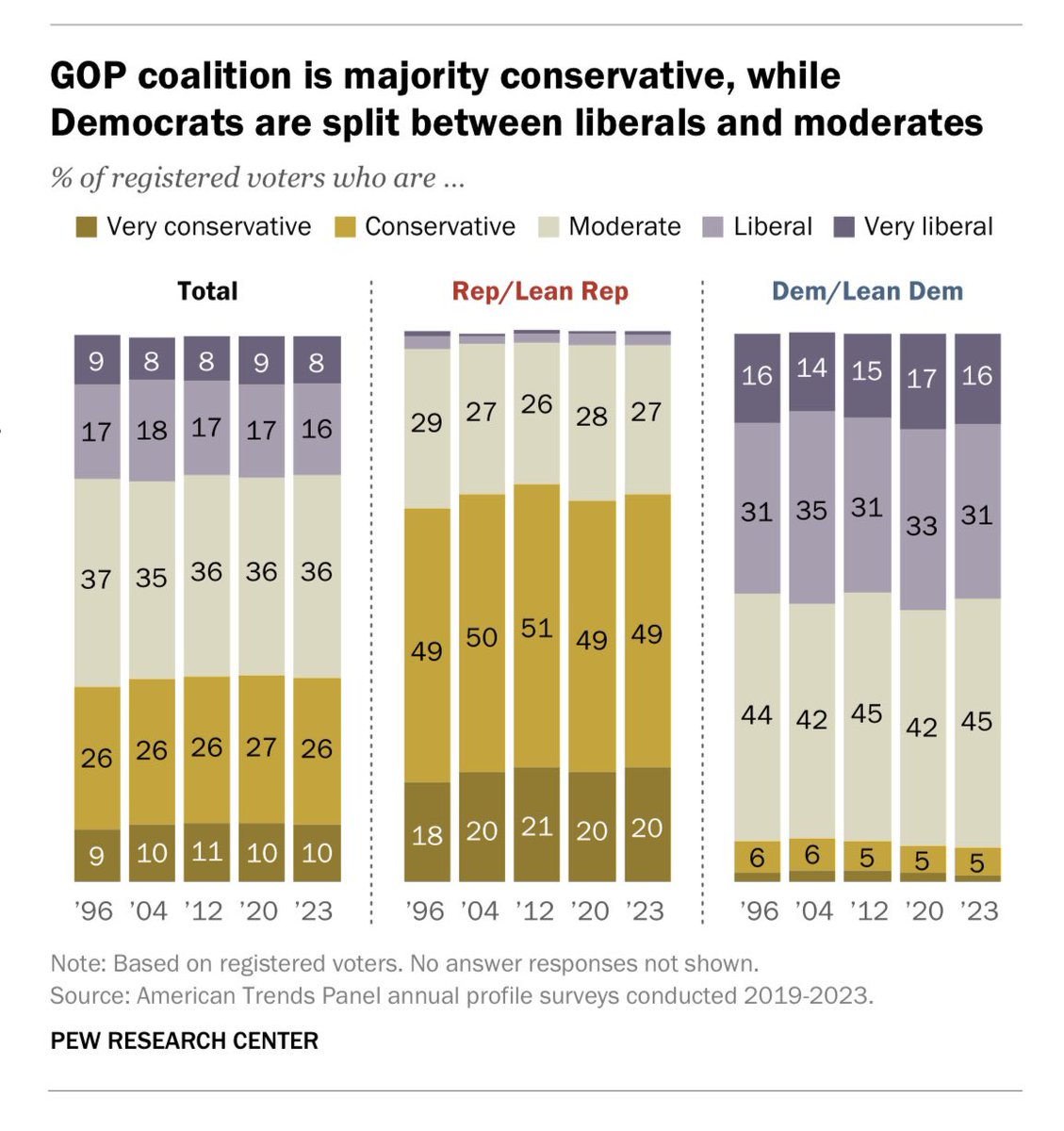
Jay Van Bavel, PhD
@jayvanbavel
Psychology Prof @NYUPsych | author of @PowerOfUsBook & newsletter (https://t.co/bG3QVlNURs) | Director of @vanbavellab | On sabbatical
ID:285698560
http://www.jayvanbavel.com 21-04-2011 16:34:01
19,4K Tweets
55,1K Followers
1,7K Following





900 million people worldwide (142 countries) are dissatisfied with their lives and careers
Are you one of them?
We interviewed John R. Miles about his new book Passion Struck and how to craft your own identity powerofusnewsletter.com/p/how-to-craft…
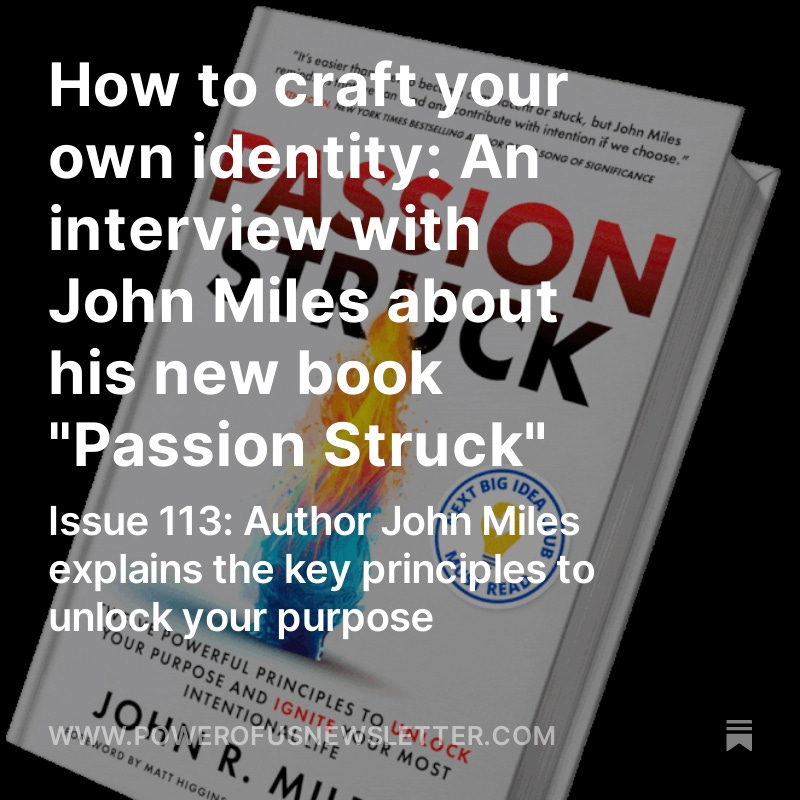

Sure, you can pull apart the business and tactical parts of social media all day long but every channel reflects and/or amplifies human behaviour. Jay Van Bavel, PhD thinking on the psychology of this stuff is fascinating

Academic chapter and two books authored by Francesca Gino appear to plagiarize from sources including student theses, blogs, and news reports, via Cathleen O'Grady science.org/content/articl…

Check out Jay Van Bavel, PhD talking about some of our lab's research, (including research led by yours truly) with Derek Thompson on Plain English!



maybe: leif weatherby The real ideology of elite academia and elite media is not left-wing, it's an unholy matrimony of front-of-house, extremist progressivism with back-of-house extremist neoliberalism. I've called this left-right hybrid ideology 'corporate radicalism.' 7/
theatlantic.com/ideas/archive/…

many people assume that non-fiction books are fact-checked—they are not! this is a bigger scandal than Naomi Wolf’s Outrages (and White Rural Rage has far more cultural impact than her book).
great reporting by Tyler Austin Harper
theatlantic.com/ideas/archive/…



Why does our internet feel broken, and how do we fix it? Lavin speaker and psychologist Jay Van Bavel, PhD joins fellow Lavin speaker Derek Thompson to discuss how the psychology of groups influences the negative behavior we see online. Listen now: theringer.com/2024/4/9/24124…

Why is politics (literally) a firestorm?
In the The Guardian, I argue that bc we evolved feeling threatened, it's easy to convince ourselves that *we* are victims and *they* are evil predators bent on destruction.
But in reality, everyone is afraid.
theguardian.com/books/2024/apr…

Curious about how to pre-bunk #disinformation & convey credibility in your reporting?
Join us tomorrow for a free #webinar with Tiffany Hsu of The New York Times, Shannon Jankowski of PEN America, Jay Van Bavel, PhD of NYU Psychology & Beth Francesco.
American Psychological Association National Press Club pressclubinstitute.org/event/why-we-b…

The typical American is said to scroll through an estimated 300 feet of social media newsfeed per day.
Derek Thompson and New York University psychology professor Jay Van Bavel, PhD unpack four ways the internet shapes our identity.
open.spotify.com/episode/5axHxi…
